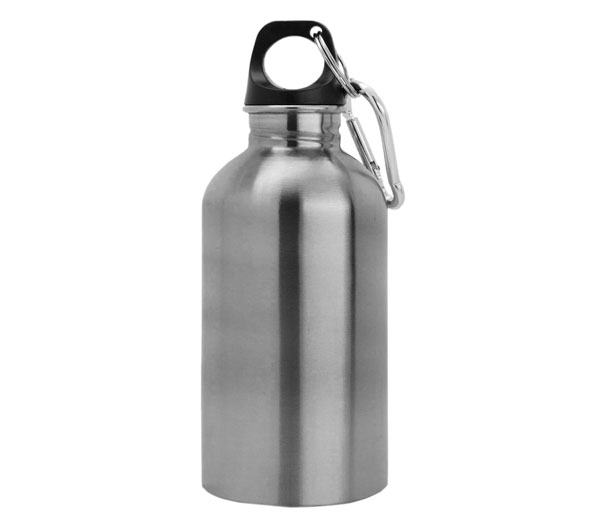When the mercury goes up, so should your water intake

Getting enough water is an important health consideration all year—especially during the hot summer months.
With three-quarters of your body made up of water, staying hydrated is essential for:
- Helping your heart pump blood more easily
- Protecting joints and organs
- Breaking down foods and carrying nutrients to cells
- Removing toxins and waste
- Keeping body temperature regulated
Dehydration is what happens when your body loses more water than it takes in. The effects of dehydration can range from mild symptoms like headaches to serious medical issues like heat stroke. The American Heart Association recommends paying attention to the color of your urine to determine your hydration level.
If you’re an active runner, cyclist, hiker, or walker—summer is a great time to be outdoors, and an easy time to get dehydrated during workouts. It’s to run the risk of dehydration when you jet off to summer vacation on a plane. And it’s hard to keep your fluids up while sitting in the sun. To keep the water in your body replenished:
Figure out how much water you need
Everyone is different, and the right amount of water for you depends on weight, climate and level of activity. A good guideline is to divide your weight in half, and ensure you drink that number of ounces each day—even if you don’t feel thirsty. When you’re working out, it’s ideal to drink water before, during and after exercise.
Know where you can get hydration
With the exception of extreme athletes and people with some chronic conditions, drinking water is the best way to stay hydrated.
Spice it up with sparkling water, coconut water and herbal teas. Some foods are also good sources of hydration. And although there is water in coffee and other caffeinated beverages, caffeine is a diuretic (which makes your body lose water) and most juices are high in sugar.
Cucumbers, celery, tomatoes, strawberries, watermelon, broccoli and grapefruit are all examples of foods that are more than 90% water.